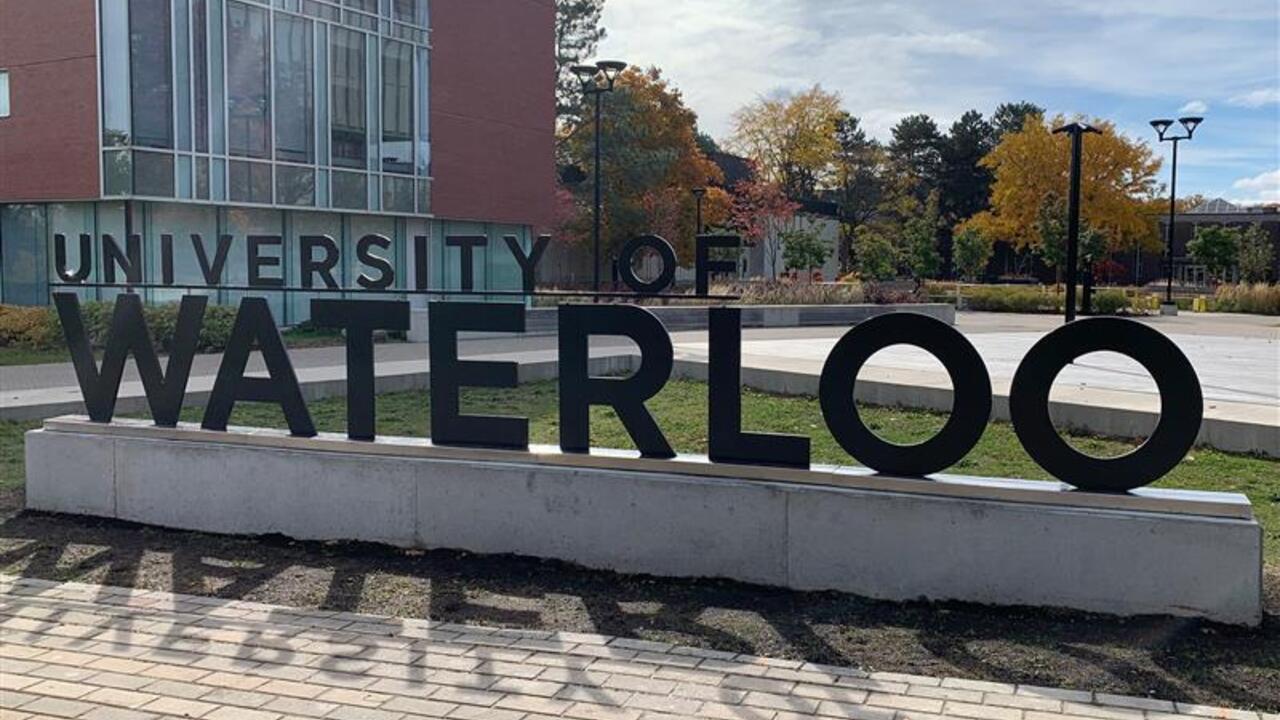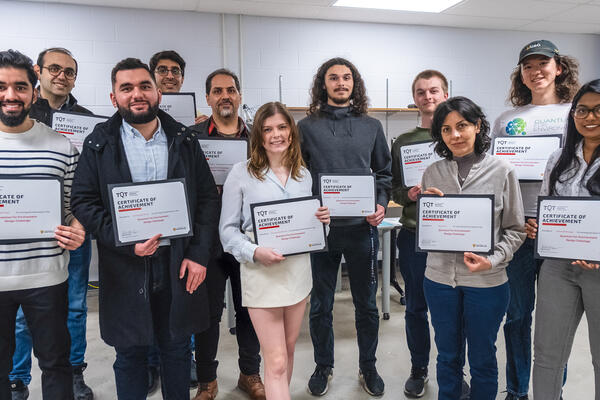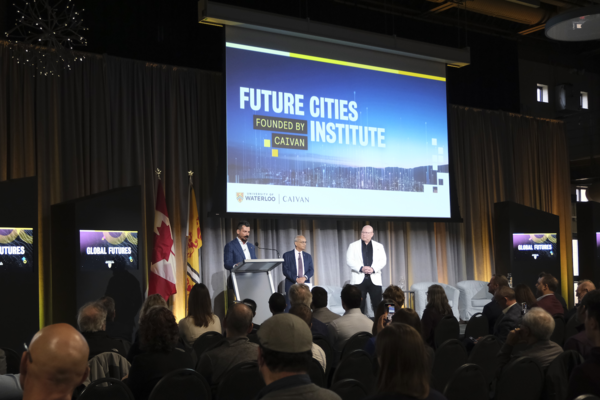
Expert Advisory - 2018 Winter Olympic Games
Experts from the University of Waterloo are available to express their expertise in anticipation of the upcoming 2018 Olympic Winter Games in PyeongChang

Experts from the University of Waterloo are available to express their expertise in anticipation of the upcoming 2018 Olympic Winter Games in PyeongChang
By Media RelationsJanusz Pawliszyn – Chemistry
Janusz Pawliszyn's research focuses on the development and application of state-of-the-art, integrated and automated analytical methods and instrumentation, for on-site analysis and monitoring. He is a Fellow of the Royal Society of Canada, University Professor and holds the Canada Research Chair and NSERC Industrial Research Chair in New Analytical Methods and Technologies.
“Analytical technologies are developing very fast. If a sportsman decides to cheat by taking enhancement substances it will be caught immediately or as soon as the substance is classified, as historical data and samples are available”.
- Janusz Pawliszyn
John McPhee – Systems Design Engineering
John McPhee is a Canada Research Chair at the University of Waterloo, and the resident expert in sports engineering. He is a technical advisor to Golf Digest, a co-inventor of the Bladetech hockey blades, and co-founder of Hockey Robotics. He is currently collaborating with Canadian Olympic Cycling, Canadian Wheelchair Basketball, Canadian Wheelchair Curling, and a number of golf organizations.
"Winning a gold medal at the Olympics requires outstanding physical conditioning, desire, athleticism, and coaching, but it also requires cutting-edge technology in which the equipment for competition and training is optimized for the individual athlete. At the next Olympics, we will see the latest advances in sports engineering being used to set new records for human performance."
- John McPhee
Philip Boyle – Sociology
Philip Boyle is sociologist who studies urban security governance and has published a number of articles on the security dimensions of the Olympic Games in the post-9/11 period. He is currently studying the Cold War-era precursors of what is recognized today as critical infrastructure protection.
“Prompted by concerns about terrorism, the Olympics Games are catalysts for governments to invest in urban security infrastructures, technologies, and human expertise that are intended to outlast the Games. They are also geopolitical events used to showcase a country’s logistical capabilities and military might. Building iteratively on previous events, the Games provide a glimpse at future directions in the ways in which urban centers are made secure.”
- Philip Boyle
Corey Van de Waal – Economics
Corey Van de Waal is an economist specializing in areas such as labour economics, public policy, the economics of education and the economics of sport. His main interest with regard to the Olympics (aside from being a sport fan) is economic in nature. Specifically, the historical cost-benefit analytics of the modern Games.
"The monopoly power of the International Olympic Committee (IOC) often induces bids that are greater than the value of the Games to the host city. With few exceptions (i.e. the Summer Games in Los Angeles in 1984), the IOC captures essentially all of the net economic benefit while leaving the host cities with net economic losses. The city that wins the bid to host is often a victim of the 'winner's curse' - where the winning bid ends up financially worse-off than if they had been the losing bid."
- Corey Van de Waal

Read more
First-year students hone more than their research skills by exploring what it means to be happy

Read more
12 Waterloo students and postdoctoral fellows receive up to $10,000 in funding to develop their green-tech solutions

Read more
The Future Cities Institute founded by CAIVAN will bring together leading minds from across sectors to solve the most challenging and urgent issues facing global cities.
The University of Waterloo acknowledges that much of our work takes place on the traditional territory of the Neutral, Anishinaabeg and Haudenosaunee peoples. Our main campus is situated on the Haldimand Tract, the land granted to the Six Nations that includes six miles on each side of the Grand River. Our active work toward reconciliation takes place across our campuses through research, learning, teaching, and community building, and is co-ordinated within the Office of Indigenous Relations.